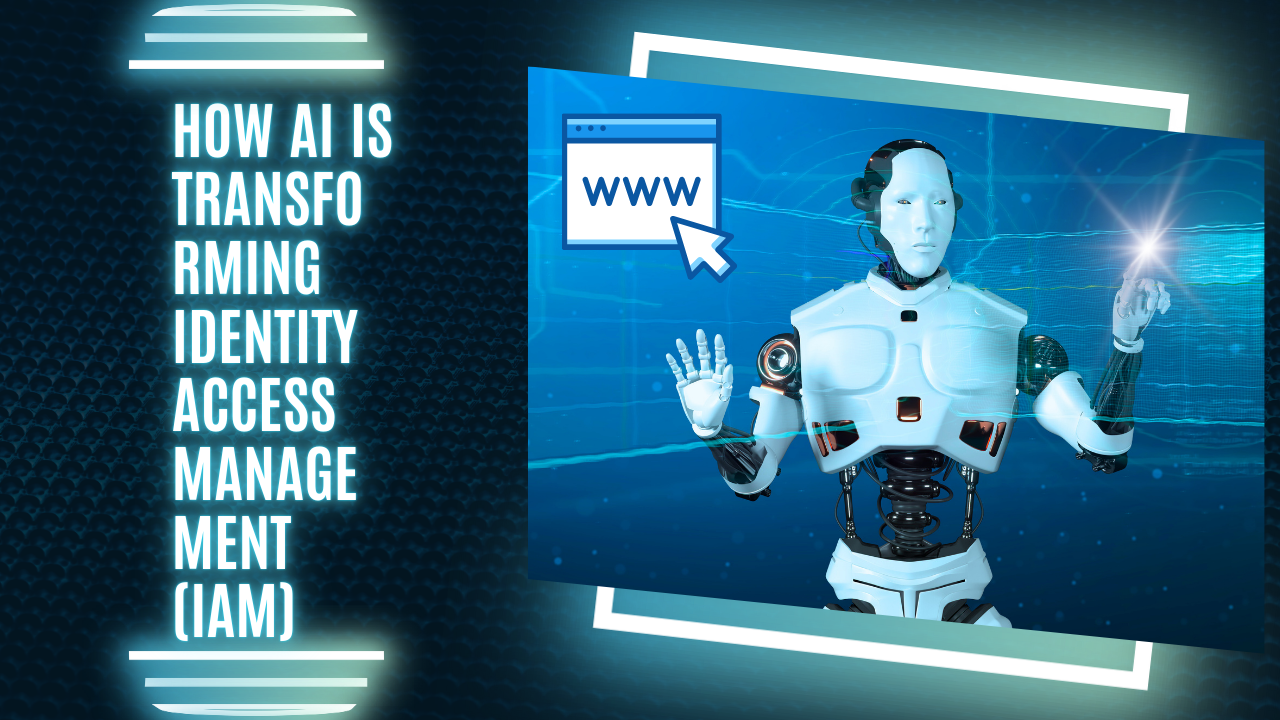Introduction
In recent years, AI in Identity Access Management has emerged as a transformative force, fundamentally changing how organizations approach cybersecurity. By leveraging advanced analytical capabilities, AI enhances the monitoring of access patterns and identifies anomalies that may indicate security breaches.
The Role of AI in Identity Access Management

AI in Identity Access Management is not just about traditional human identities; it encompasses a broader scope that includes autonomous systems, APIs, and connected devices. This evolution creates a dynamic security ecosystem that adapts to sophisticated cyber threats.
Intelligent Monitoring and Anomaly Detection
One of the most significant benefits of AI in Identity Access Management is its ability to enable continuous monitoring. AI can detect subtle irregularities in access patterns, allowing organizations to respond swiftly to potential threats. For example, in environments like containerized applications, AI can identify unusual access behaviors before they escalate into serious issues.
Advanced Access Governance
AI’s role-mining capabilities allow organizations to enforce the principle of least privilege more effectively. By continuously analyzing identity interactions, AI helps limit permissions without manual oversight, thus enhancing security governance. This aspect of AI in Identity Access Management is crucial for maintaining compliance and managing risk.
Enhancing User Experience
Beyond security, AI in Identity Access Management streamlines user experience. Adaptive authentication processes adjust security requirements based on assessed risks, reducing friction for legitimate users. This not only simplifies onboarding but also ensures that users have the access they need when they need it.
Practical Applications of AI in IAM
AI has practical applications across various IAM components, including privileged access management and identity governance. By monitoring privileged accounts and automating lifecycle management for non-human identities, AI ensures that access is always aligned with current organizational needs.
Conclusion
The integration of AI in Identity Access Management marks a significant shift from reactive to proactive cybersecurity. By enhancing monitoring, improving user experience, and streamlining compliance, AI is redefining the future of identity security. Embracing this technology will enable organizations to create a more secure and efficient environment for both human and non-human identities.


